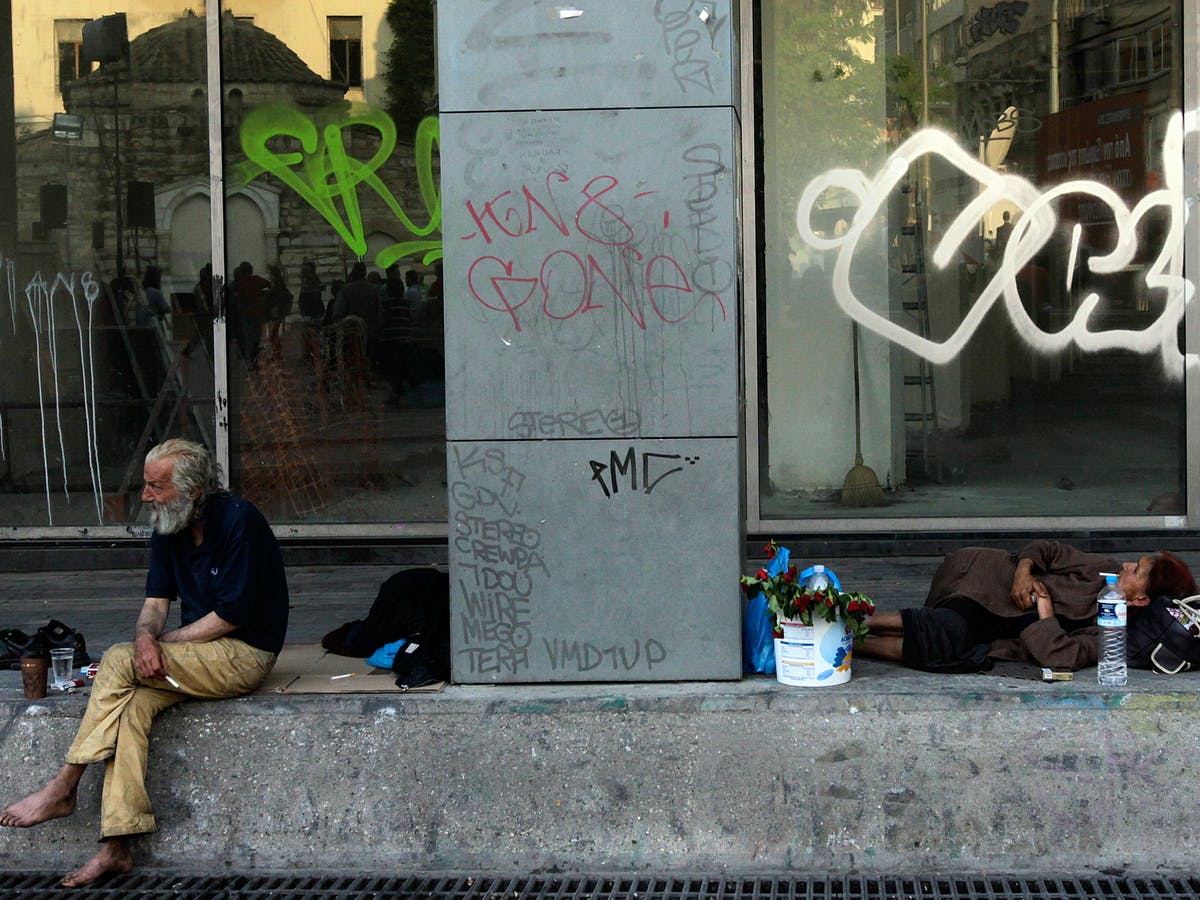European Union: Poverty risk remains high


Greece has the European Union’s third highest rate of people at risk of poverty or social exclusion, according to the latest report on this key social index by Eurostat, released on Monday.
The data, which concern last year’s estimates, show that roughly two in every seven Greeks (27.5% of the population) face being unable to meet some or most of their basic needs or the specter of being pushed to the margins of society.
This rate lags only those recorded in Romania, amounting to 35.8%, and Bulgaria, at 33.6%. The average rate across the 27 member-states of the EU came to 21.9% in 2020, which corresponds to approximately 96.5 million people.
The share of women who face the risks of poverty or social exclusion in Greece last year was even higher than the overall rate, standing at 28.8%, also the third highest in the bloc behind Romania’s 37.5% and Bulgaria’s 35.9%. That was also far above the EU mean rate of 22.9%. More than one in four men (26.1%) was also in that position, against 34% in Romania, 31.2% in Bulgaria and 20.9% across the EU, Eurostat said.
The share of children at risk of social exclusion or poverty in Greece last year came close to one in three (31.5%), which was the fourth highest in the EU: It only trailed the rates of Romania (a staggering 41.5%), Bulgaria (36.2%) and Spain (31.8%). Throughout the EU 24.2% of children up to the age of 18 years were in that situation in 2020.
Older citizens in Greece appear to be in a much better state, especially pensioners. That is because the share of people aged over 65 at risk of poverty or social exclusion was below one in five, at 19.3% in 2020, faring better than the EU average rate of 20.4% to be the 11th lowest in the bloc. Bulgaria had the highest rate, a ruthless 49.5%.
Households with children are those at the greatest risk of poverty or social exclusion, Eurostat showed, with the relevant rate in Greece coming to 29.7%, once again the third highest in the EU, while among households without children the rate stood at 25.7% in 2020, the fifth highest.
Source: ekathimerini.com




